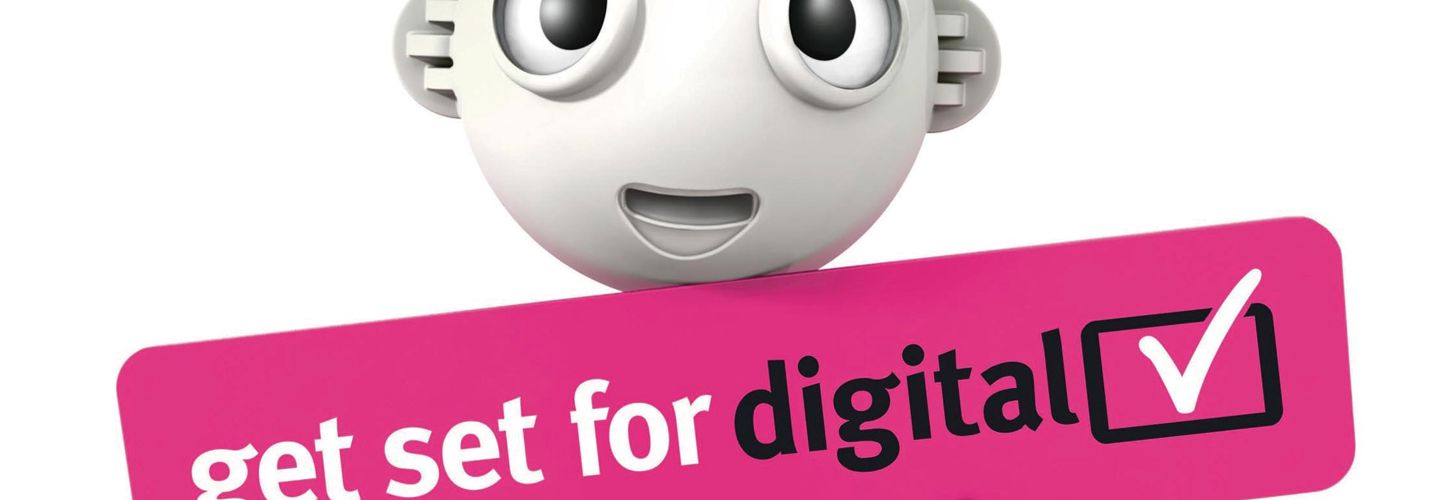
Preparing For The Digital Switchover
Published: 16/09/2025
The switchover from traditional analogue to digital telephone landlines has started across the UK and the rollout across the Southeast of England is due to begin this autumn.

How to prepare for the digital switchover
There has been discussion and talks about the UK’s telephone network ‘going digital’ for a number of years and as of this year, the transition is underway. The initiative is aimed at upgrading the country’s aging infrastructure, which means landline services are changing, but not disappearing.
We’ve compiled a list of questions and answers based on information from Age UK to help ensure you and your loved ones are prepared:
Q: How will I know when the switch will take place?
A: You will be contacted by your telephone provider in advance to let you know when your system is changing, what you need to do and whether or not an engineer will need to visit to make any changes at your home.
Q: Will extra support be available if I need it?
A: Yes. Don’t be afraid to reach out to your provider to ask them questions or discuss any concerns you have. In many cases, engineers will conduct a home visit to complete the switchover, so will be on hand to offer assistance and peace of mind throughout the process.
Regardless of which telephone provider you are with (e.g. BT, TalkTalk, Vodafone, Sky, etc), be sure you inform them if you or your loved one:
· has a personal alarm, health pendant or security alarm that uses the telephone line
- does not own a mobile phone
- does not have enough of a mobile signal at home to call the emergency services in a power cut
- has a disability or any other needs that mean you need extra help with the installation.
Q: Will I need to get a new telephone?
A: Most telephone ‘landline’ handsets will work with the new digital system. You may need an adapter to enable you to plug your existing phone into your broadband router, which your provider can advise on and send you if needed.
You can also ask your provider about battery backup units and/or hybrid landline phones with built-in batteries that can switch to mobile networks automatically in the event of a power cut, ensuring uninterrupted service.
Q: Will I be able to keep my phone number?
A: In most cases, you should be able to keep the number you have.
Q: What if I don’t have a broadband connection?
A: If you don’t have a broadband connection, your provider will supply one specifically to support the VoIP service needed for your landline phone.
Q: What does the switch mean for people who use telecare devices or pendant alarms?
A: If you have a digital personal alarm that does not require a telephone line, you will not need to do any anything differently. These devices include digital personal alarms, digital fall alarms, classic GPS personal alarm or watch, or Taking Care’s Anywhere or Go alarms.
If you have a personal alarm that connects with a telephone socket, you may want to consider switching to a personal digital alarm that will work with the new telephone system.
Alternatively, you can ask your telephone provider to exclude your telephone line from the upgrade. In some cases, your analogue landline personal alarm may work with digital phone line, but may require an adapter called an Analogue Telephone Adapter (ATA).
Q: Where can I get more information?
A: Organisations like Age UK and Dementia UK have a wealth of articles and information on their websites to help elderly and vulnerable people to prepare for the switchover, including further information on personal alarms. Telecoms providers also have dedicated sites (such as BT Connected Together) and teams you can speak to with information to help ease the transition. Ofcom has also published an article outlining ‘what you need to know’ about the move from landline to digital.
